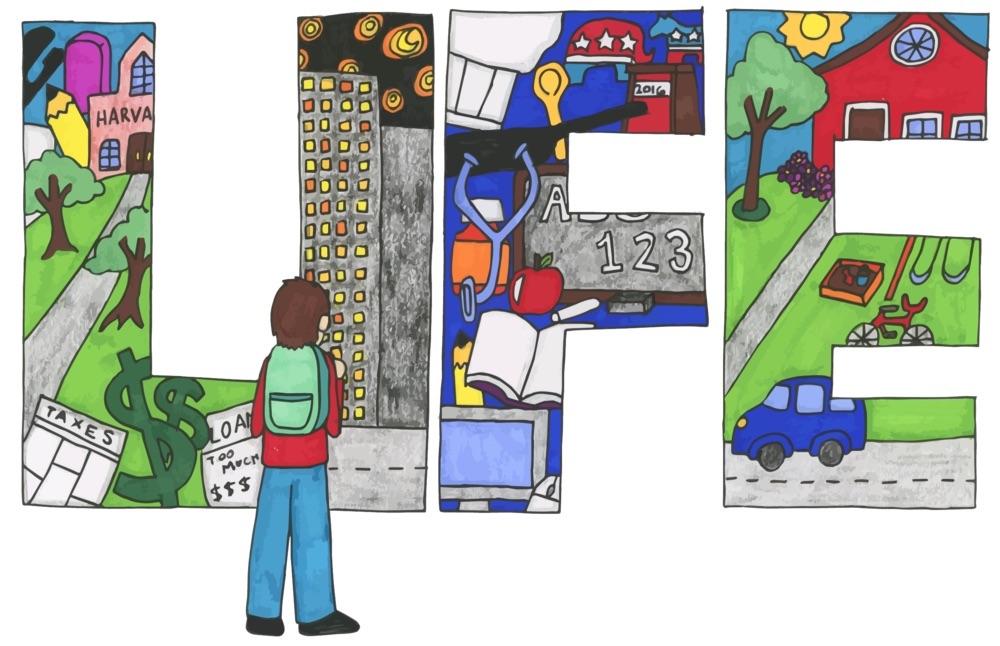Some believe media, such as The Whitworthian, are telling you what to think. That perspective may be inaccurate.
The media may not be successful in telling people what to think, but are ‘stunningly’ successful in telling people what to think about, according to Dr. Bernard Cohen’s book “The Press and Foreign Policy”.
When the media emphasize topics (the media agenda), readers view those topics as important and think about them more, according to Agenda-Setting Theory. Whitworth students spend more time talking about certain topics, such as the success of sports teams as opposed to the success of the debate team or cultural diversity as opposed to religious diversity. This is partially because those topics are given prominence in campus media.
Readers don’t have to passively consume the media agenda. Instead, they can help shape it. When a large number of people care about an issue, especially when they are vocal about it, the media are more likely to make it part of their agenda. Recently, the Winter Olympics became a large part of the media agenda partially because there was great public interest. If there is an issue you feel is underrepresented in the media, make it known.
When reading the news, readers should also vary their news sources. Cohen argues that the world looks different to different people because of the influence of the media’s agenda. To avoid seeing the world through the lens of one media outlet, read a variety of news sources. The Economist, Al Jazeera and other foreign newspapers offer different stories, or at least different emphasis placed on the stories, than found in American newspapers.
Whether you read domestic or international news stories, you are likely being told what to think about over what to think. I can’t hope to, and wouldn’t want to, tell you what to think. You may disagree with what I write, but if I get you thinking about the topic, then I did my job.
Contact Madison Garner at mgarner16@my.whitworth.edu








 Spokane?
Spokane?